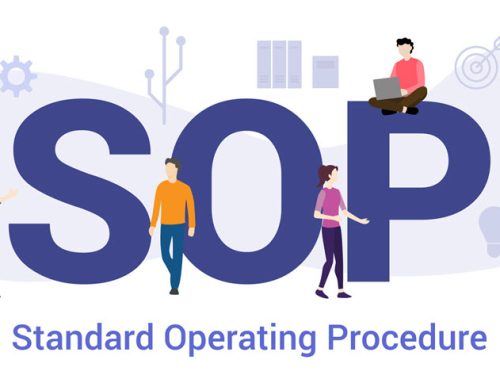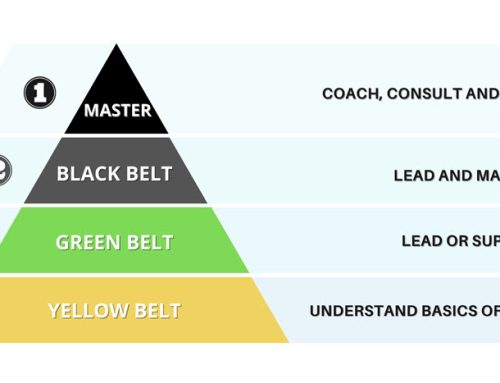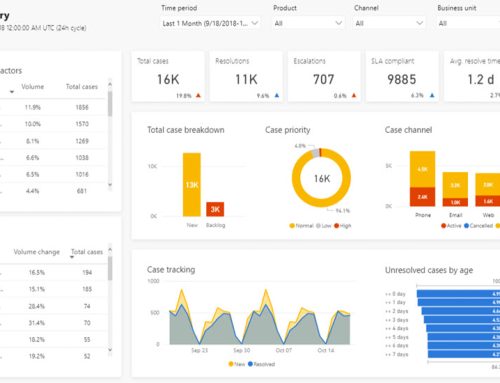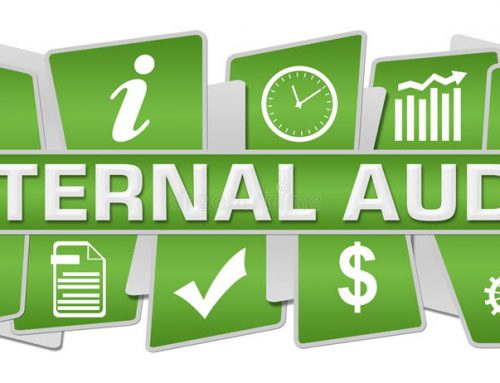Different organizations can gain from internal audit, but the choice to make is to use of an in-house team or external consultants. Internal audit staff or a combination of both can impact how much value internal audit can give.
Let’s review the two scenarios of internal audit in house vs outsourcing. Choosing the right internal audit model should start with considering the size, needs and complexity of the organization. Also, it must be independent so an objective assessment is an important factor in its success. It is normal for large organizations to have their personal internal audit function, which for listed, complex, global businesses could involve a substantial amount of individuals.
There is need for a lot of various skills to be available to or within an internal audit team for it to be operative. It can be maintained in-house or in an outsourced model, as long as there are all the skills available in the team and a budget that allows for those skills. Fully outsourced Internal Audit is most times only the domain of small, complex organizations.
What Skills Does Internal Audit Need?
No matter if an internal audit function is insourced or outsourced, it is important that the skills of the team follow the definite needs of the business. As internal audit develops from traditional submission auditing to studying how a company’s planned goals could be affected by risk, having a range of skills to evaluate all parts of the business is important.
In a pharmaceutical company there is need for individuals that know all about research, design, manufacturing and selling. The company needs individuals that understand the basics of the business and its risks, and also needs individuals that are experts in risk, risk management controls and processes. It is also important to have communication and influencing skills. The internal audit process can discover many problems in an organization that could affect business plans, but if not communicated well, they could be dismissed by the management or the board. As organizations move into the technology age, the need for the internal audit functions to have knowledge of new technologies and awareness of the possibility for cybercrime is also important.
The Advantages (Internal Audit in House Vs Outsourcing)
Each method of internal audit can have its advantages and disadvantages. An organization that has an in-house Internal Audit function allows the management to maintain total control over their internal audit approach, and have instant knowledge of the matters at hand. Nevertheless, as a serious component of internal audit is independence, careful consideration is required in the structure and reporting line of an in-house Internal Audit function. The benefits of a complete outsourced Internal Audit can be access to valuable knowledge, flexibility of cost and an independent perspective that could see things that staffs do not. It can also give third-party guarantee and also fresh industry or global perspectives. Equally, there can be a lack of inner understanding, or it could take more time to understand the processes.
The organizations that outsource internal audit can get the best out of the opportunity with a few basic steps, to have a perfect vision of what the organization needs from internal audit and to keep returning to that all through the process. It is easy to spend money that is not on “value add”, so knowing what the purpose of the money is and how to structure the internal audit around it is essential. For instance, when there is need for an internal audit function that emphasizes mainly on major risks and more tactical initiatives, then there is need for a more senior team with deeper knowledge and experience. Staying honest and open with internal audit teams, and giving them access to the necessary levels of the business, data and information will help result in recommendations that should improve the future of the business.
Most organizations, after studying or examining each model, arrive at a conclusion of co-sourcing. Combining a core in-house team improved by external expert skills sets or additional resources to backfill openings in the core team can bring in the planned elements. Co-sourcing is mainly favorable if the organization has a constant relationship with the external internal audit supplier, so that they can grow to have knowledge of the business.






